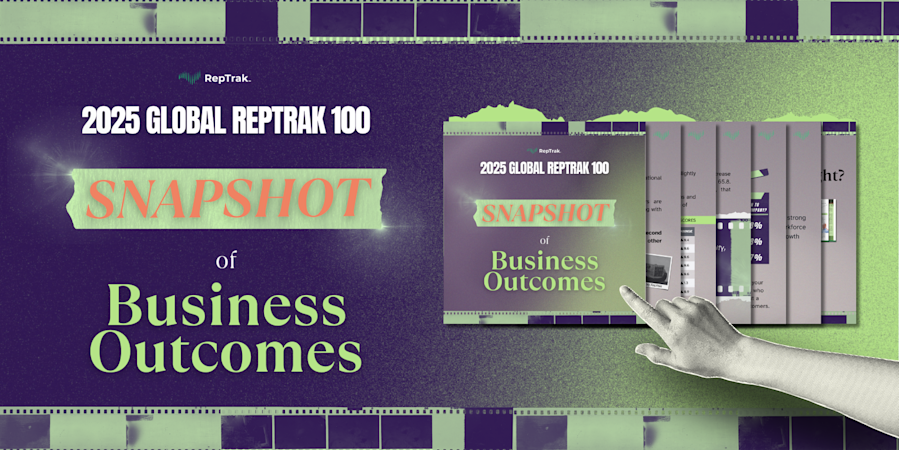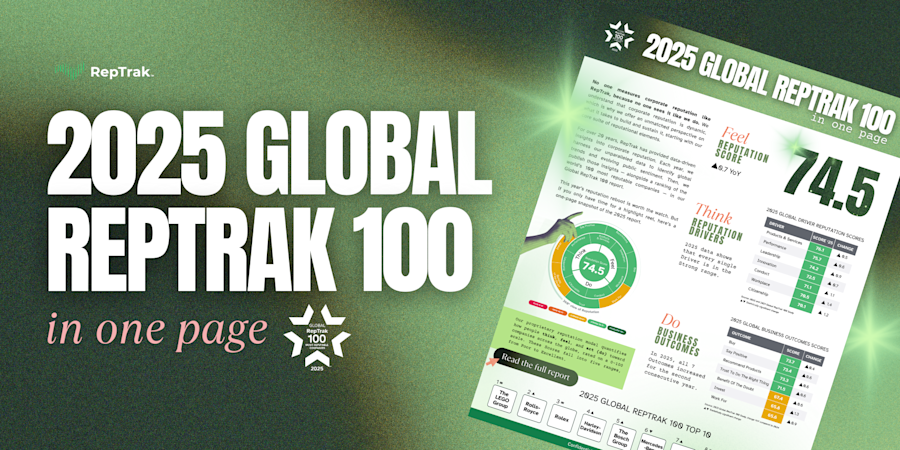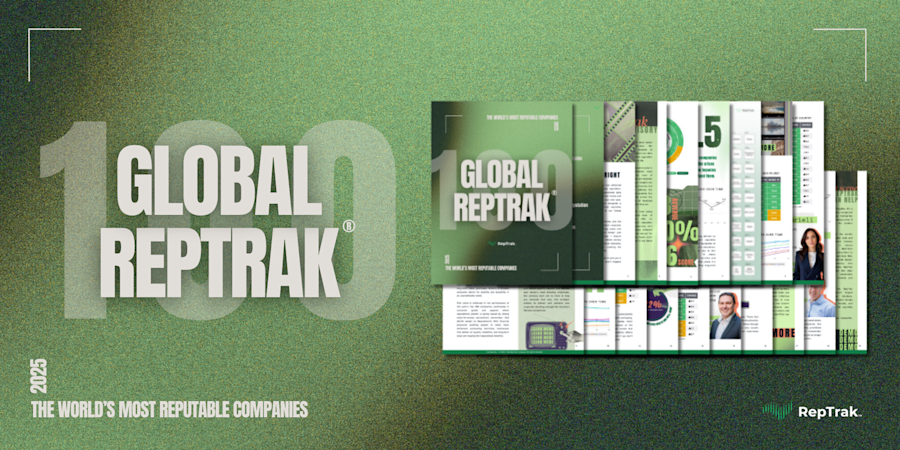What Is on the Mind of Corporate Reputation Leaders in 2020? [Global Trends]
Blog Post20 Jan, 2020
Businesses have always lived or died based on their reputations. And the leaders of these companies know that monitoring how customers, employees, shareholders, and other constituents view them is only gaining in importance. In fact, according to our brand new 2020 Global Trends report, 70.2% of reputation leaders say that managing the reputation of their company is more important now than it has ever been.
Why has reputation management become so important? It may be because we’re building companies in a time that’s driven by new reputational market forces that are impacting companies far and wide—including the Internet of Things, the advent of cyber-physical systems, AI, global climate change, and evolving human values. In many ways, this makes it increasingly challenging for companies to successfully navigate the reputation economy, where forces beyond profits matter more than ever.
As the world transitions into the Fourth Industrial Revolution and the global economy becomes increasingly impacted by the intangibles that continue to define companies, a set of 10 diverse trends have emerged that will shape the reputations of companies and highlight potential areas of heightened risk.
We discuss each of these trends in our third-annual report.
The trends reputation leaders cited as being most important for 2020
Following interviews with more than 200 reputation leaders (C-level, vice presidents, and directors) across 18 industries in North America, EMEA, Asia Pacific, and Latin America, at companies with a variety of revenues and employee counts, we have identified the following 10 trends:
1. Higher purpose Companies need to deliver on a corporate brand purpose and embrace cultural values, at an emotional level that transcends the products and services they sell.
2. Data privacy Cyber and data breaches are an everyday reality and a growing threat for all major companies.
3. Responsible investing Considering ethical and environmental concerns before making financial decisions.
4. Impact of technology AI, the Internet of Things, Big Data, and drones are impacting consumers and businesses.
5. Climate change There are expectations of Countries, governments, and businesses are expected to protect and manage their impact on environmental change.
6. Influencers Stakeholders and individuals who have extraordinary influence on public opinion and reputation, who may be private individuals, politicians, or subject matter experts.
7. Mistrust of big institutions The public’s mistrust and the questioning of the integrity of big institutions such as businesses, governments, and media.
8. Sustainability and responsible sourcing There is an expectation that companies source materials responsibly and minimize environmental impact through their supply chain
9. CEO activism CEOs of major companies are increasingly taking a public stand on political, social, and values-based issues, and are not just concerned about their bottom lines.
10. Equality, diversity, and inclusiveness Businesses are judged based on the demographic profile (gender, ethnicity, race, etc.) of their workforce.
Of the trends that have been ranked in each of the past three years, only two are gaining importance: higher purpose and data privacy.
To learn more about each of these 10 trends, and why each is critical to your business, download our 2020 Global Trends report.
Ana Angelovska Research Director The RepTrak Company [email protected]





